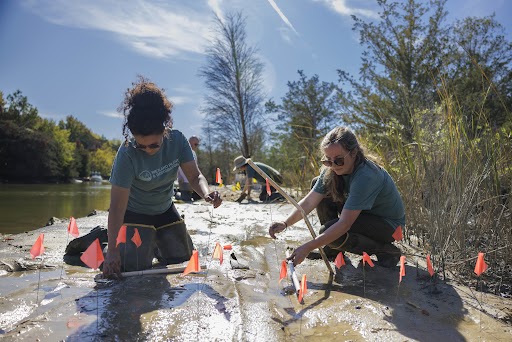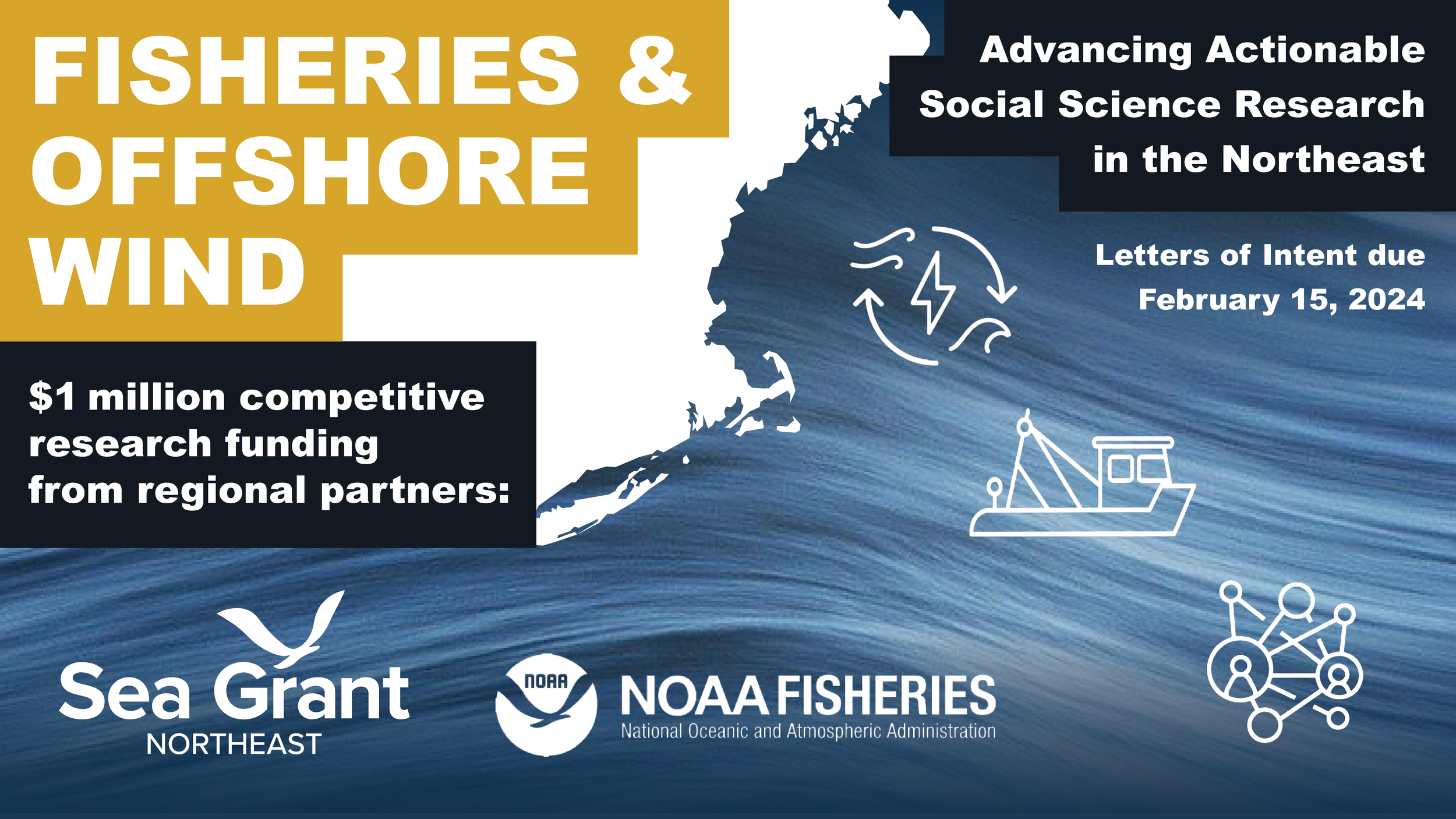Maine Sea Grant
Maine Sea Grant is a member of the steering committee for the Northeast Coastal Acidification Network planning a series of 10 Ocean Acidification Webinars, a synthesis of the State of the Science, culminating in a State of the Science workshop followed by Stakeholders workshops to develop an Ocean Acidification plan for the region (Long Island Sound to Nova Scotia).
The Northeast Coastal Acidification Network (NECAN) represents a nexus of scientists, federal and state agency representatives, resource managers, and affected industry partners dedicated towards coordinating and guiding regional observing, research, and modeling endeavors.
The purpose is to better identify critical vulnerabilities, particularly with respect to regionally important and economically significant marine resources. NECAN is part of the larger Integrated Sentinel Monitoring Network coordinated by the joint Ocean and Coastal Ecosystem Health Committee of NERACOOS and the Northeast Regional Ocean Council (NROC).
NECAN serves as a necessary interface between research and industry interests whereby state-of-the-science information can be readily exchanged. Regional interest groups and key data and information synthesis products can as a result be specifically tailored and informed by user group needs. NECAN’s area of focus is on the waters from Long Island Sound to the Scotian Shelf.
Why are we concerned? Global ocean carbon chemistry is rapidly changing in response to rising levels of atmospheric carbon dioxide (CO2). One result of this changing chemistry is ocean acidification which reduces surface ocean pH, increases the carbon content, and causes a decrease in the availability of ions important to shell and mineral formation. Today’s ocean pH has declined by 0.1 globally since the industrial revolution (an increase in acidity of about 30%) and is projected to decline by an additional 0.3 over the next century unless global carbon emissions are significantly curtailed. Such changes are at least ten times faster than at any time over the past 50 million years and can now be observed at several extended ocean time-series locations. Ocean acidification conditions can be significantly altered by local processes within coastal waters. These local factors can include upwelling, riverine discharge, nutrient loading, hypoxia, organic carbon remineralization, and productivity. In some cases, these processes can greatly increase the rates of local acidification. Understanding these processes, predicting the consequences for marine resources, and devising local adaptation strategies are critical to enabling local communities and dependent industries to better prepare and adapt to such changes.
What are we doing? NECAN is developing a multistep process to synthesize the regional OA science, communicate it to regional stakeholders and solicit user input to the strategic design of an Northeast Coastal Acidification Network. The NECAN steering committee is leading the development of a regionally specific state-of-the-science webinar series on OA over the next few months. This will be synthesized and translated for stakeholders at a spring 2014 meeting. The meeting will serve as a springboard for discussion of products and information needed for regional responses to coastal OA conditions.


